How One Initiative is Helping Over 12,000 Schools & Colleges Move to a Greener Tomorrow
The programme goes much beyond creating a robust curriculum, by providing a holistic and innovative prelude to sustainability education.
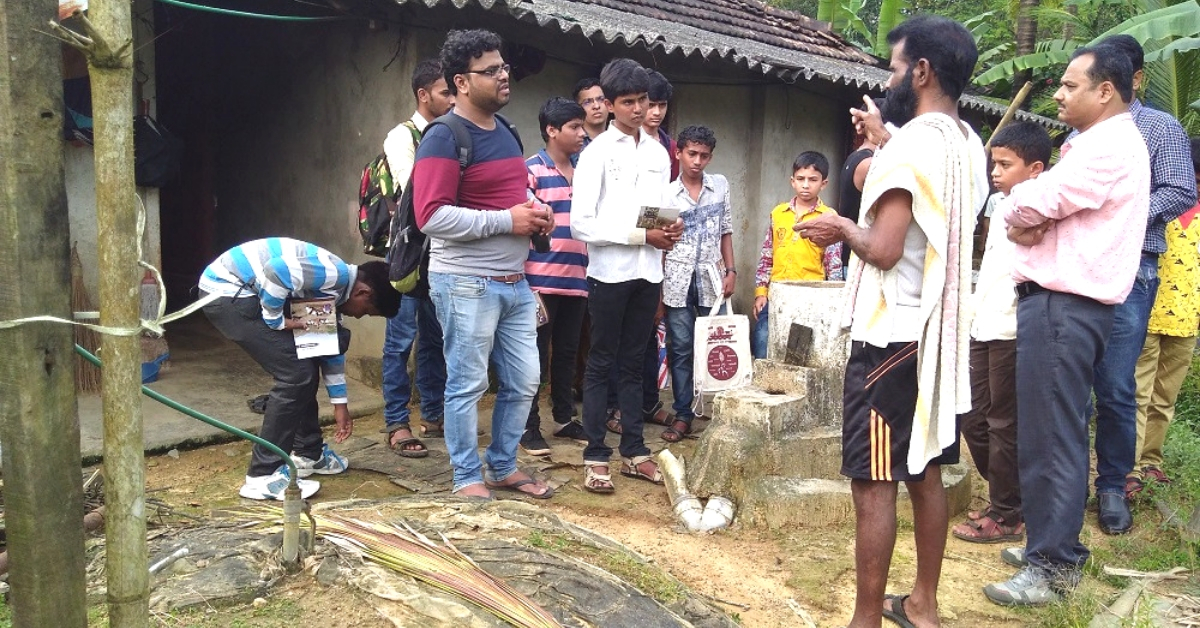
This article has been sponsored by Wipro.
Innovations can bloom in a developing world with limited resources only when schools and colleges play a vital role in preparing students to meet the sustainability challenges of the future. This requires not only new course content but also new and engaging ways of teaching that content.
And this is exactly what Wipro has been working on with its initiative Wipro earthian for the past eight years.
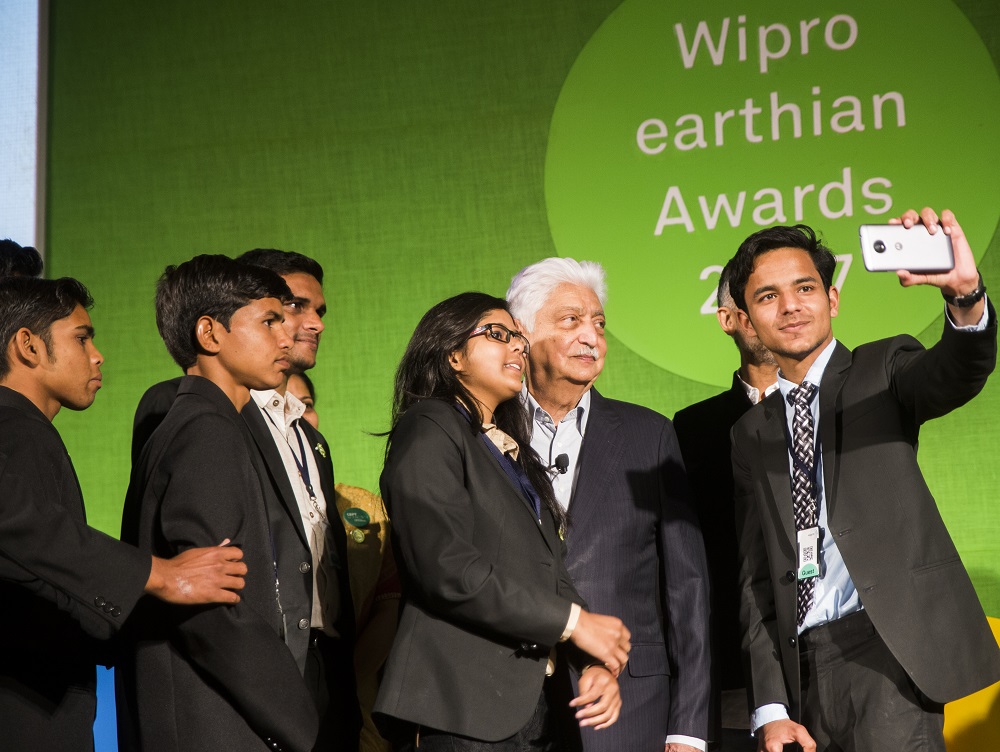
One of India’s most prominent sustainability education programmes for schools and colleges, Wipro earthian has been designed to act as a catalyst for awareness, action, and innovation among the youth.
It was envisioned with the belief that strengthening holistic thinking during the formative years of an individual’s development will go a long way in ensuring that collectively, as a society, we integrate sustainable solutions rather than dealing with problems later.
The programme goes much beyond creating a robust curriculum, by providing a holistic and innovative prelude to sustainability education. The driving force of the concept of sustainability education is to provide theoretical learning in addition to practical experience, both in formal as well as informal settings, thus fostering personal development and community participation.
The intent is not just to identify the problem, but to look for solutions.
With that in mind, Wipro earthian is a continuous means to enable and empower the youth. It has transformed students into changemakers, who graduate from the programme with a thorough understanding and concern for the environment, taking up the mantle of initiating ecologically sustainable development around them.
How It Works
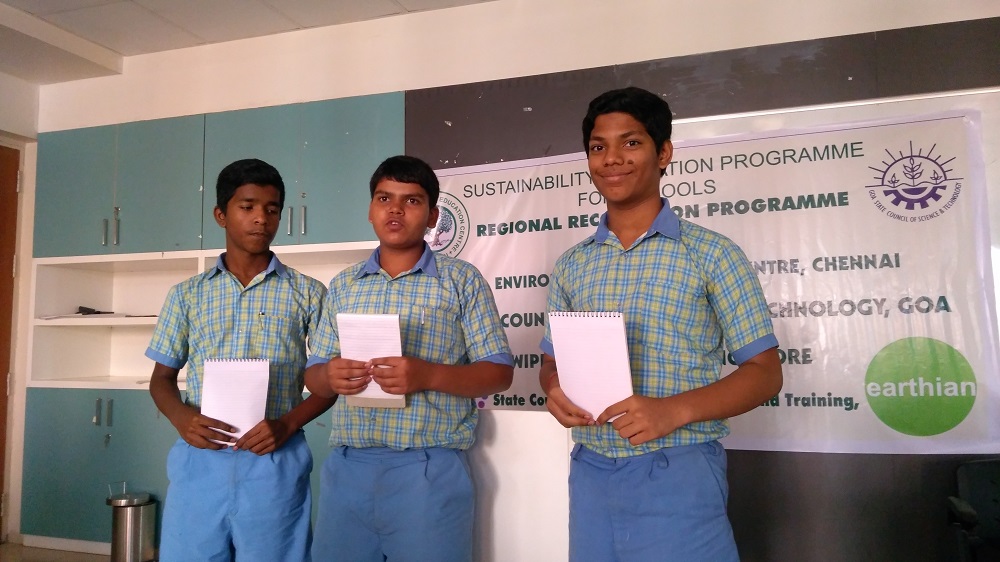
The programme runs an annual cycle of competitions, where school and college students participate in a four-month exercise to present sustainability projects.
The school programme emphasises on spreading awareness among teachers and students to present their sustainability ideas in two themes–biodiversity and water. It involves showing students how their actions impact the environment. It also encourages them to take responsibility and initiate concrete ways for probable solutions. The college programme comprises of analytical case writing and reporting on key sustainability issues like mobility, waste and water.
Post this, the ten best projects from schools and colleges are shortlisted and eventually felicitated for their efforts in an annual event – the Wipro earthian Sustainability Awards.
This is followed by the Continuous Engagement Program (CEP) under which select institutes, along with sustainability experts, come together to embark on a collaborative exercise to create substantial learning experiences to become partners in change.
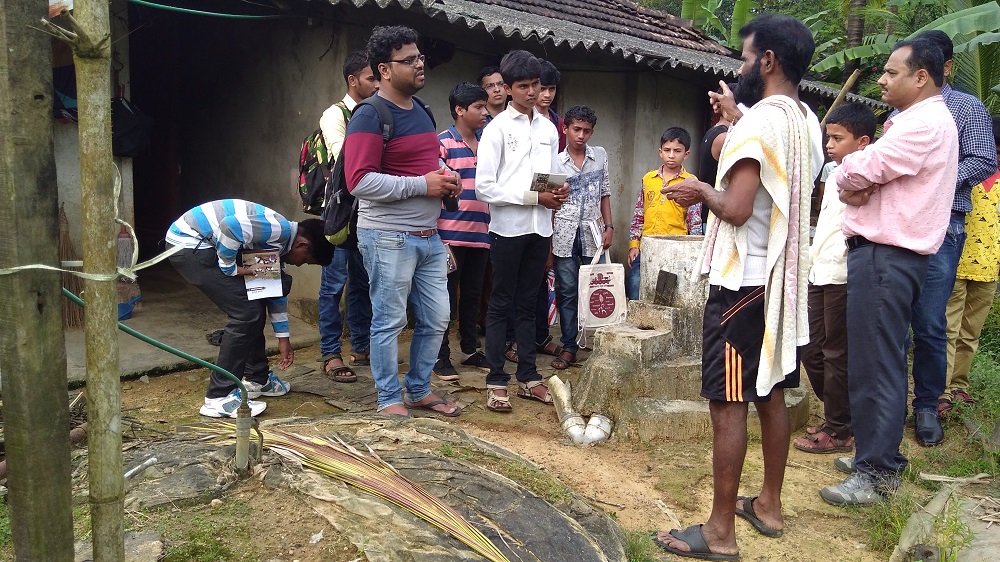
The collaborative work at the Xavier School of Sustainability (XSoS), Bhubaneswar, is one such example. With academic and industrial experts coming together, XSoS and Wipro have been organising an array of sustainability events for the past few years.
Speaking to The Better India, Professor S Peppin, Dean, XSoS, says, “Since 2014, Wipro earthian and XSoS ushered substantial discourses on sustainability through various initiatives like the Wipro earthian Sustainability Quiz, Children’s Environment Congress and the Xavier University Bhubaneswar (XUB) Sustainability Summit. The objectives were to spread awareness and involve young minds to actively participate in finding solutions to real national problems about the environment. Being the future of the nation, the youth should be empowered with knowledge and the tools of conservation and sustainable development.”
The Wipro earthian Sustainability Quiz held in September 2018 aimed at creating a fresh perspective on the pressing issues. On the other hand, the XUB Sustainability Summit held in February 2018 provided a platform for academia and the industry to put forth their ideas for sustainability. The last edition had 65 speakers and 50 contestants, in addition to more than 300 attendees.
“The momentum around sustainable development had already picked up in the last 3-4 years in the government, and now several corporates are taking it ahead. It should not be another greenwash attempt, but rather, a dedicated and focused grassroots-level initiative, and we are steadily moving towards it,” he adds.
On a school level, L’ecole Chempaka School, Trivandrum, has been actively involved in the Wipro earthian project for the last three years.
One of their faculty members, Jeena Goerge, told The Better India, “Children today are essentially very impressionable and invested in learning more about the environment and the fascinating bond we share with it. The realisation that the smallest of creatures can cause a colossal impact on the environment is both inspiring and enriching for them. This curiosity, if steered in the right direction, can be extremely beneficial. And, at our school, we have been doing just that through various awareness programmes and student participation exercises.”
According to her, a fruitful and proactive attitude towards sustainable development can be fostered in young minds through active participation.
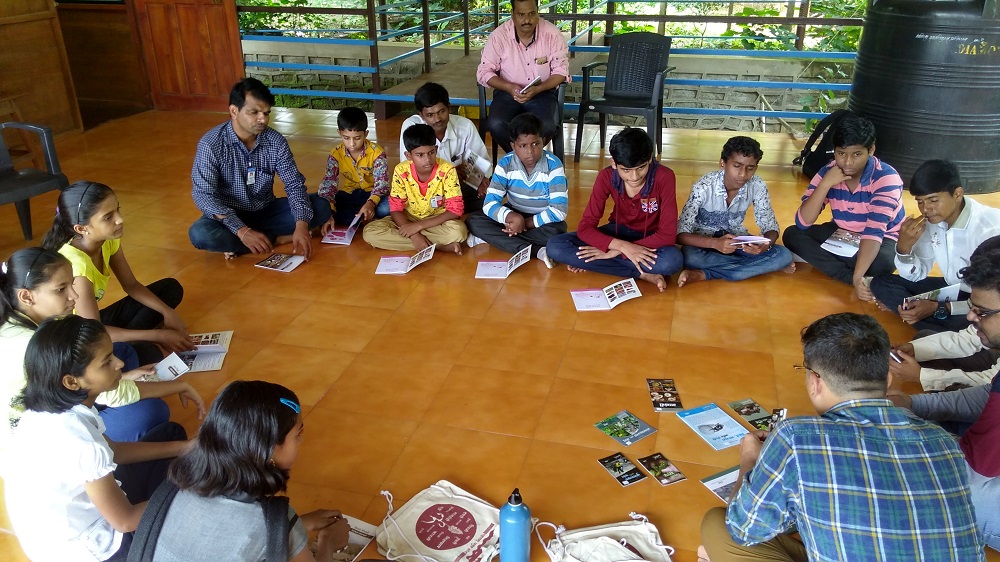
“They need to know that they have the agency and the ability to initiate change. Hence, various initiatives, from cleanliness drives to extending a helping hand during the Kerala floods, our students have been actively involved in bringing change, just as the adults,” adds Jeena.
Echoing the similarities, Umapathy Arasu, Senior Environmental Education Officer at CPR (CP Ramaswami) Environmental Education Center, Chennai, says, “The Wipro earthian initiative is a focused approach towards substantial transformation by mobilising the youth. Unlike set curriculums in schools and colleges, it is not generalised or just conceptual but concentrated on biodiversity and water to encourage active involvement and innovation among students. It truly enables students not just to read and memorise the concepts but to internalise, think, act and change!”
Ushering a steady change in the way students perceive the environment, the Wipro earthian programme, since its inception in 2011, has encompassed over 12,000 schools and colleges, reached out to more than 25,000 students and 6,500 teachers across the country, to create what they believe could be a better, greener and more sustainable tomorrow.
(Edited by Shruti Singhal)
Like this story? Or have something to share? Write to us: [email protected], or connect with us on Facebook and Twitter.
If you found our stories insightful, informative, or even just enjoyable, we invite you to consider making a voluntary payment to support the work we do at The Better India. Your contribution helps us continue producing quality content that educates, inspires, and drives positive change.
Choose one of the payment options below for your contribution-
By paying for the stories you value, you directly contribute to sustaining our efforts focused on making a difference in the world. Together, let’s ensure that impactful stories continue to be told and shared, enriching lives and communities alike.
Thank you for your support. Here are some frequently asked questions you might find helpful to know why you are contributing?


This story made me
-
97
-
121
-
89
-
167











